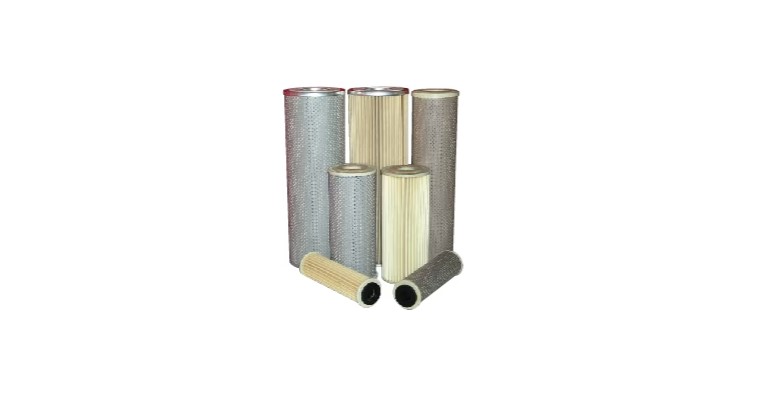Selecting the appropriate hydraulic filter for your machinery is critical for maintaining optimal performance and extending the lifespan of your equipment. With various factors to consider, here’s a comprehensive guide to help you choose the right hydraulic filter:
1. Understand Your Equipment’s Requirements
Fluid Type and Viscosity
- Determine the type of hydraulic fluid used in your machinery and its viscosity range. Different fluids may require specific filter materials and pore sizes to effectively capture contaminants.
Flow Rate and Pressure
- Consider the flow rate and operating pressure of your hydraulic system. Choose a filter that can handle the required flow rate without causing excessive pressure drop.
Filtration Efficiency
- Assess the desired level of filtration efficiency based on your equipment’s sensitivity to contaminants. Higher efficiency filters can capture smaller particles but may result in higher pressure drops.
2. Know the Different Types of Hydraulic Filters
Suction Filters
- Installed on the inlet side of the hydraulic pump to prevent large particles from entering the system.
- Available in mesh or strainer designs, suitable for low-pressure applications.
Pressure Filters
- Installed in the hydraulic line to remove contaminants under pressure.
- Includes inline, cartridge, and spin-on designs, offering various filtration efficiencies and flow capacities.
Return Line Filters
- Installed on the return line to remove contaminants before hydraulic fluid re-enters the reservoir.
- Typically features a lower pressure drop to minimize energy loss.
Off-Line Filters
- Used for offline filtration or kidney-loop systems to continuously clean hydraulic fluid.
- Ideal for maintaining fluid cleanliness during equipment operation.
3. Consider Filter Media and Construction
Filter Media
- Choose the appropriate filter media based on the type and size of contaminants present in your hydraulic system.
- Common media materials include cellulose, synthetic fibers, wire mesh, and metal screens.
Micron Rating
- Determine the desired micron rating based on the size of particles you need to remove from the hydraulic fluid.
- Smaller micron ratings offer finer filtration but may require more frequent filter replacements.
Filter Construction
- Assess the durability and compatibility of filter construction materials with your machinery’s operating conditions.
- Consider factors such as temperature resistance, chemical compatibility, and pressure ratings.
4. Ensure Proper Sizing and Compatibility
Size and Dimensions
- Select a hydraulic filter that fits within the space constraints of your equipment and integrates seamlessly with existing hydraulic lines and connections.
Mounting Configuration
- Verify the mounting configuration (threaded, flanged, bolt-on, etc.) of the filter housing and ensure compatibility with your machinery’s mounting provisions.
Compatibility with Fluid and System Components
- Ensure that the hydraulic filter is compatible with the hydraulic fluid and other system components to prevent compatibility issues or performance degradation.
5. Evaluate Maintenance Requirements
Service Life and Replacement Interval
- Determine the expected service life of the hydraulic filter and the recommended replacement interval.
- Choose a filter that offers a balance between filtration efficiency and maintenance frequency.
Accessibility and Ease of Replacement
- Consider the accessibility of the filter location within your equipment and the ease of filter replacement during routine maintenance procedures.
6. Seek Expert Advice and Manufacturer Recommendations
Consult Manufacturer Specifications
- Refer to equipment manufacturer specifications and recommendations for Wrentham hydraulic filter selection, including OEM filter part numbers and compatibility requirements.
Seek Expert Advice
- Consult with hydraulic system engineers, filtration specialists, or experienced technicians for personalized recommendations based on your equipment’s specific requirements and operating conditions.
Conclusion
By carefully considering these factors and consulting with experts, you can confidently select the right hydraulic filter for your machinery, ensuring efficient filtration, optimal performance, and prolonged equipment lifespan.


